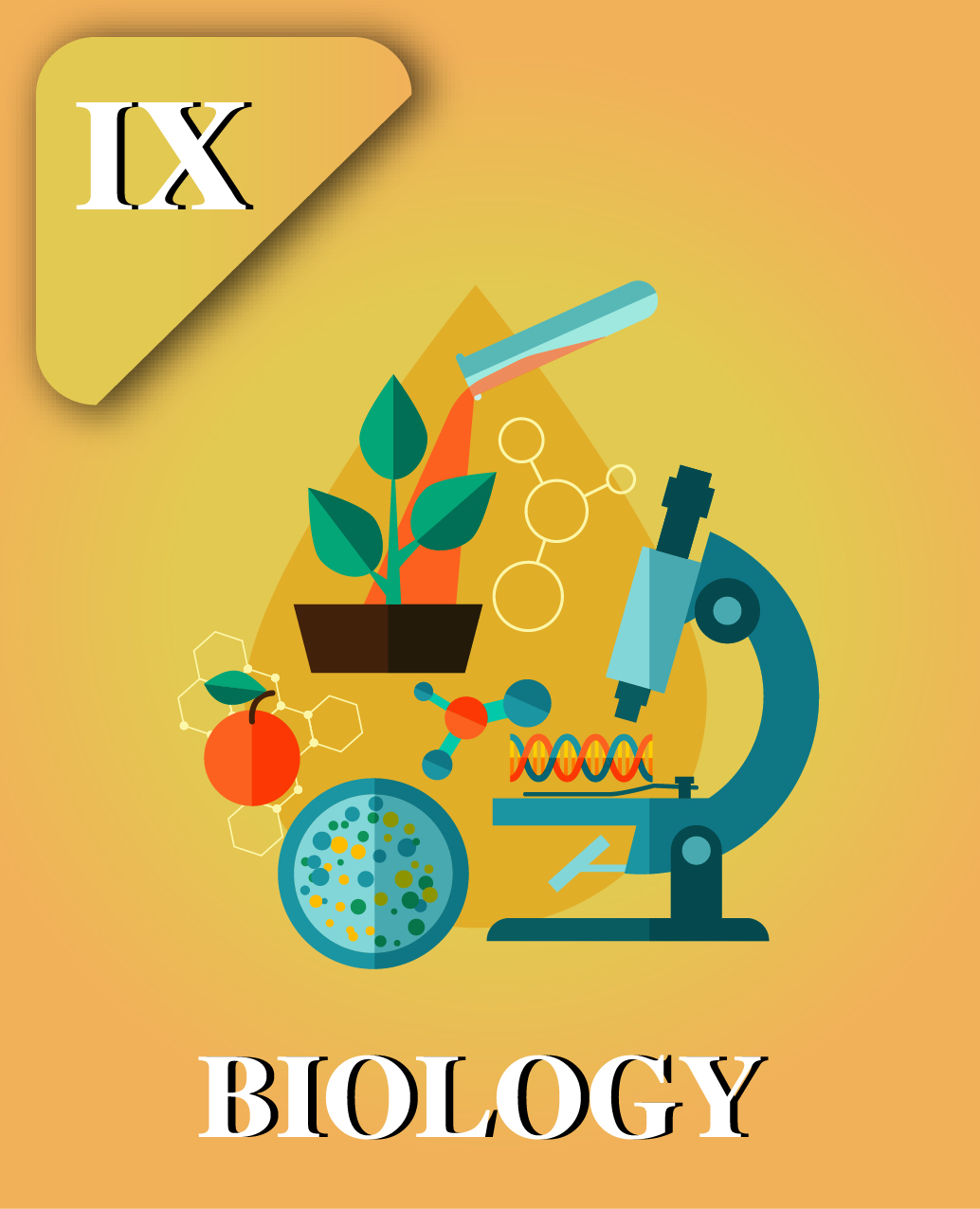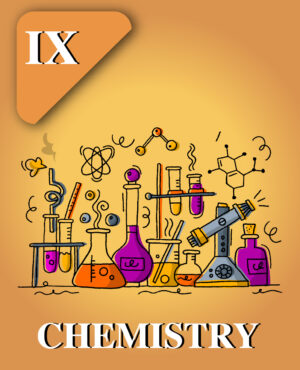About the Course
This is a complete course of class 9 Biology where you will learn about the concepts of Biology. The course begins with the chapter on fundamental units of life which helps students to understand how living organism made up of, how to see the cell, size, shape, number of cell and more. Similarly, the chapter of tissues. Biology is a natural science that studies life and living organisms; that is, it is the science of life. The content of Class 9 Biology covers the concepts of fundamental unit of life, tissues, diversity of living organisms, diseases, natural and food resources. Biology starts emerging as one of the Science disciplines at this level. In grade-9, students get to explore about themselves as well about the outside world.
This course aims to cover the whole spectrum of school providing the known on biology covering the learning objectives. This course have tried to provide communicative skills with different range of styles and various discussion followed by different level of Quiz in Analytical and creative manner. This course will cover all the topics of biology included in class 9 textbook rather than this many question sets, daily life examples and practice sets are there in this course. To succeed in the course we expect your familiarity with the basics of biology like cells, tissues, natural resources, bacteria etc. Biology is the part of science that focuses on the study of the evolution of human beings, the research of genetics, origin of life, chemical bonds, atomic structure, cell biology, the study of different species and their evolution.
Learning Objectives
-
- Enhancing the school based knowledge of the student at early level.
- Making the course easy and sophisticated emphasizing competency based educational process.
- With this course the learner particularly explores responds invents and bring out the meaning to the relevant things.
- Students can construct sufficient knowledge of biology overall holistic development of children studying the course.
- This course helps students to learn about many of the phenomena which they observe in their daily routine
Requirements
-
- Refine their literary sensibility and enrich their aesthetic life through different literary generes.
- Student should have different language notice.
- use a dictionary or Glossary available in the courses or library to access to difficult term.
Target Audience
-
- Refine their literary sensibility and enrich their aesthetic life through different literary generes.
- This course mainly target the student preparing for some of the govt. examination particularly for teaching field.








Reviews